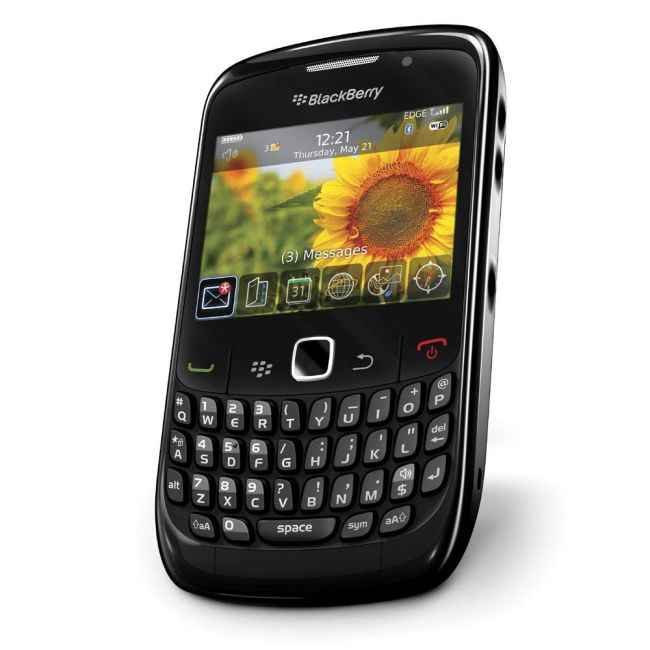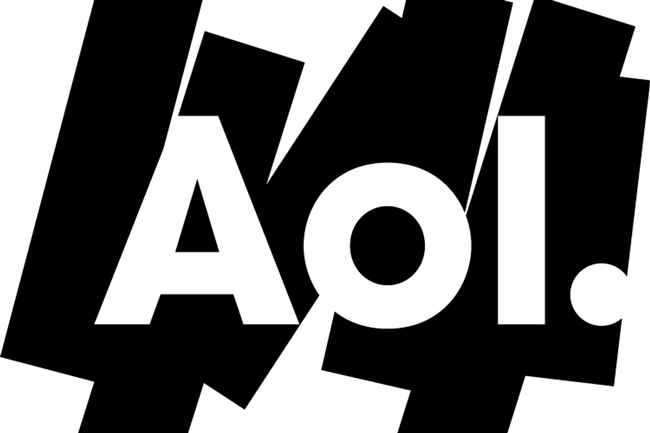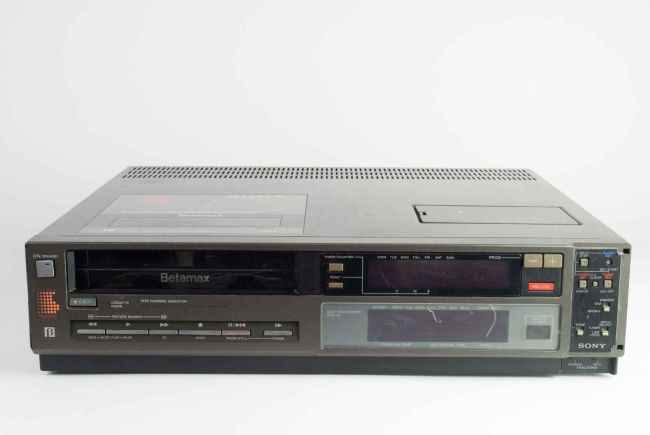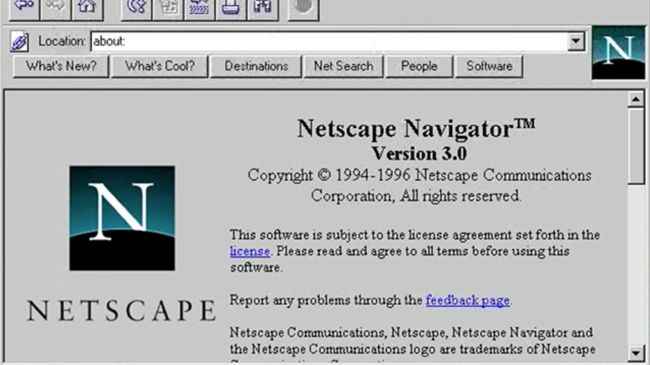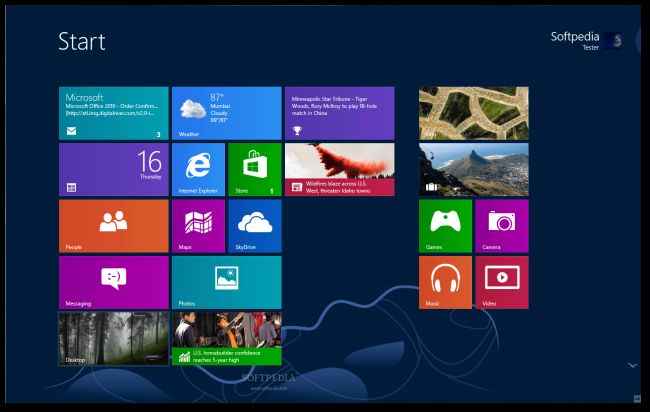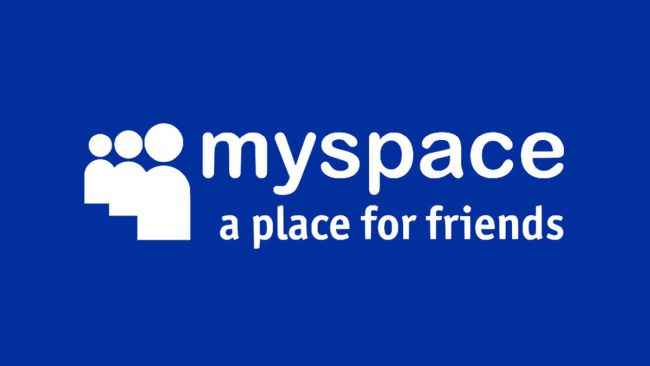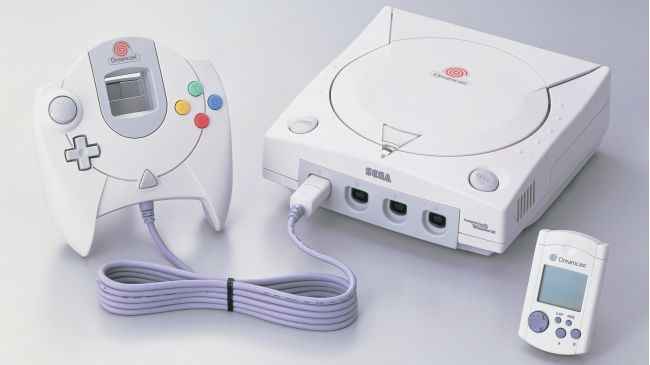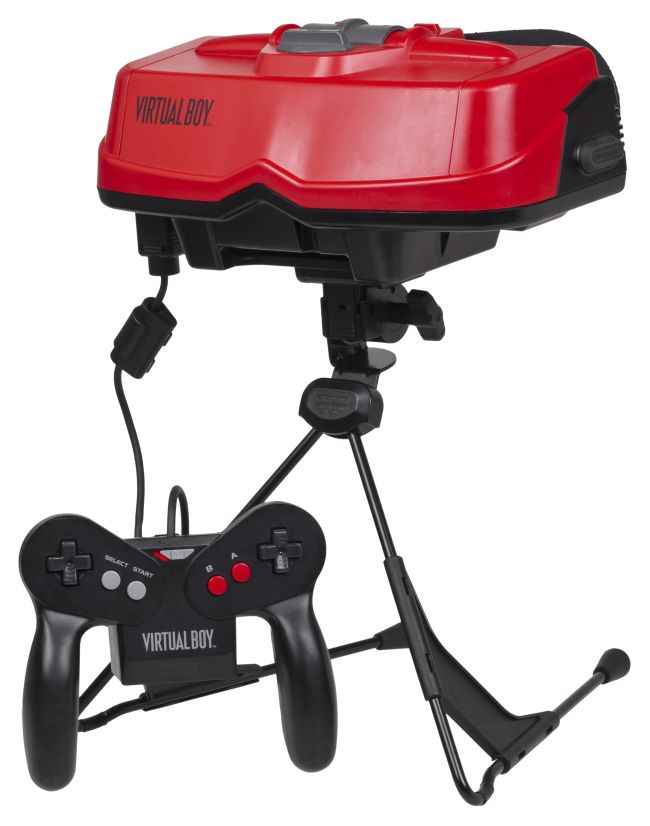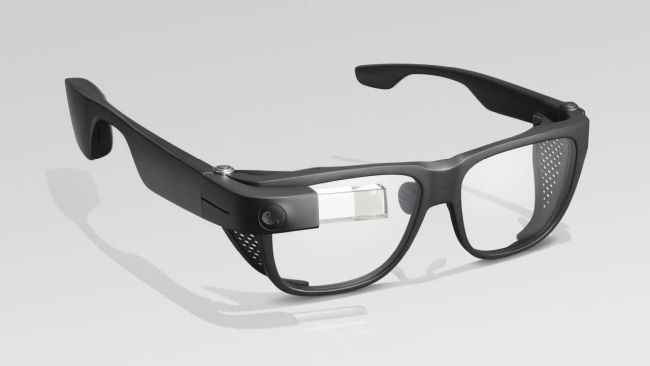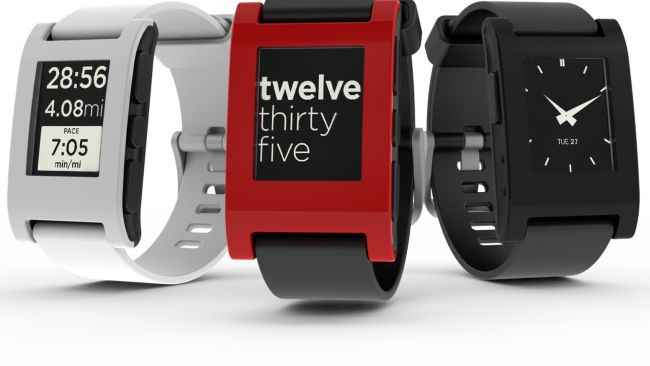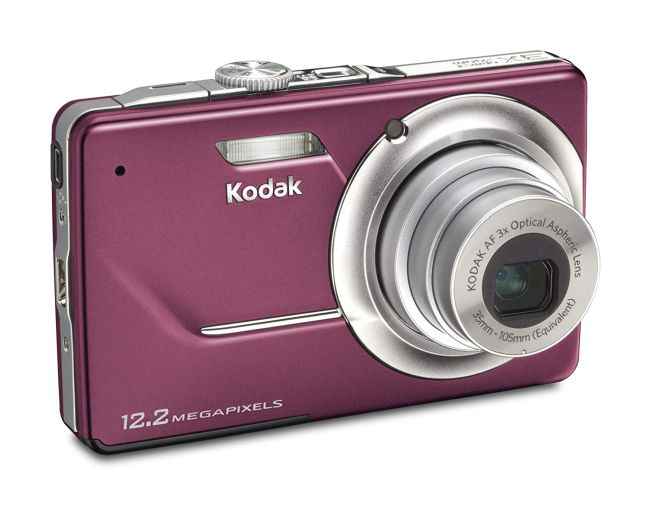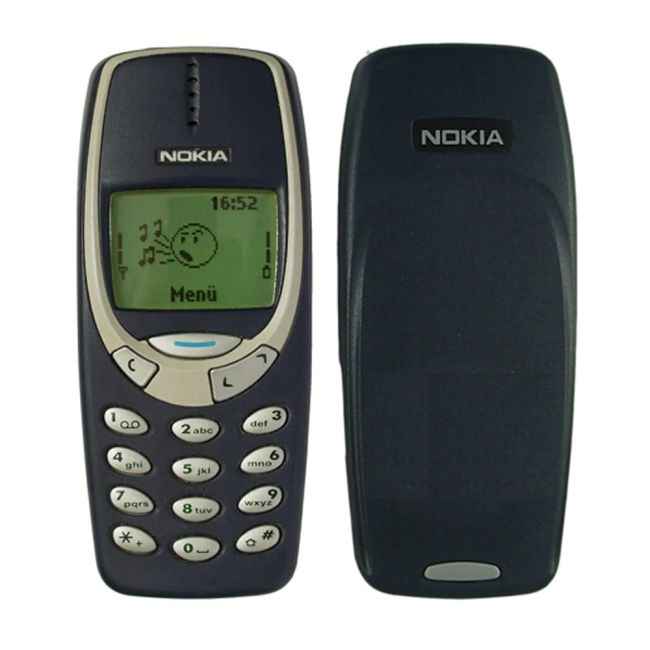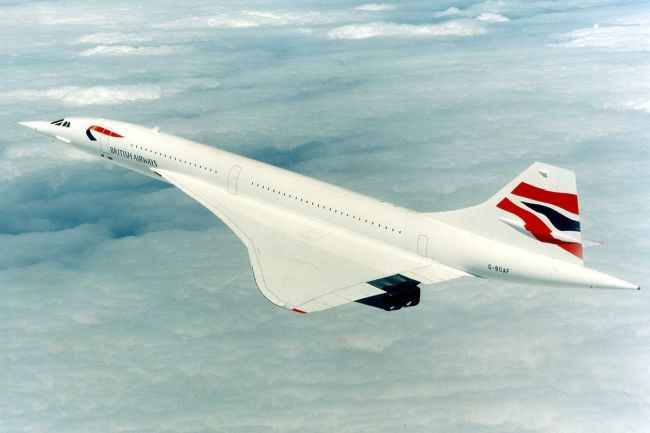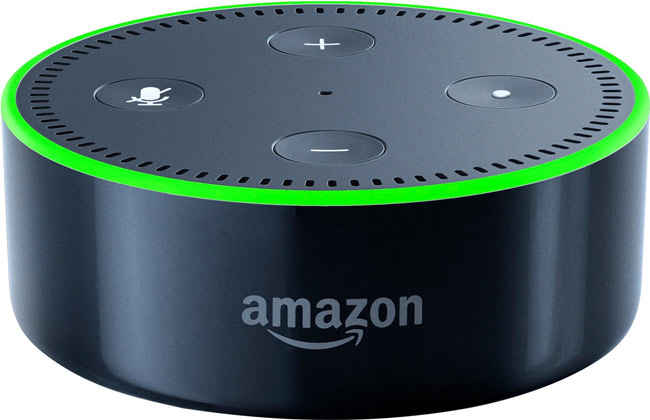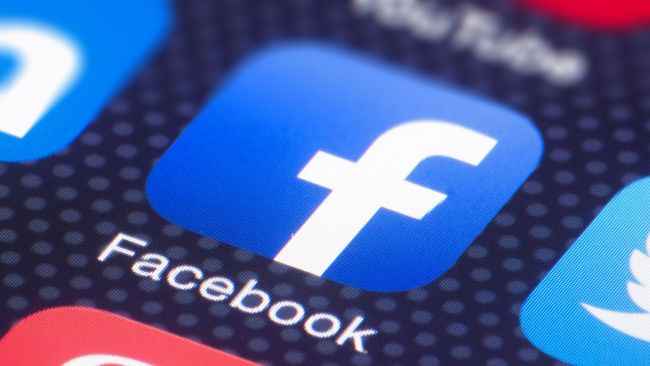18 biggest snafus by tech giants
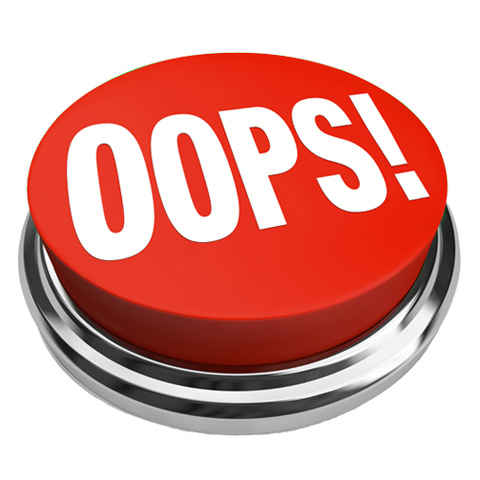
Mistakes happen. And sometimes, you just don’t feel like you need to change or adapt. Everything’s fine just the way it is. Right? Wrong. These 18 mistakes cost these companies greatly, but hey, at least other companies were smart enough not to copy them.
Napster
You can thank Napster for popularising online file sharing. You can thank Napster for pretty much everything going digital now for that matter. Unfortunately, you don't see it around anymore do you? Well, being able to freely distribute copyright infringing songs was not sitting well with the music industry, which forced Napster to adopt a subscription-based model. Which ultimately led to its doom.
BlackBerry
Before the iPhone, we had the BlackBerry and BBM or BlackBerry Messenger. To many, BlackBerry was their first smartphone, being able to browse the internet and send emails and whatnot. It was widely popular. Keyword being was. Blackberry refused to ditch the physical keypad, in a time where the iPhone was revolutionising full-touch. After it's peak in 2011, in 2019, BlackBerry is only a shadow of itself. At least it served as a stepping stone.
AOL
Most of us won't be too familiar with AOL or America Online. This was the first internet provider in America so, pretty big deal. Then you had AOL's Instant Messenger which was the blueprint for every popular messenger to follow. What went wrong? Well, they simply got comfy at the top, and newer services and faster ISPs soon undercut and overtook them.
Betamax
The Betamax came out around the same time as the VHS player. Many will claim that it was superior to the VHS player in many ways. However, it was supposedly far more complicated to use, and it was a lot more expensive too. A whole $700 expensive. Additionally, it's claimed that another factor that caused the downfall of the Betamax was the fact that the adult film industry went with VHS format over the Betamax.
Netscape
Netscape came out in 1994. It's older than many of our readers! You can thank the browser for many things, the biggest of which was the antitrust lawsuit against Microsoft, which still influences the industry today. However, it didn't do too hot as a browser and eventually sold itself to AOL, which as you already know, also tanked.
Windows 8
Windows 8 was universally hated. It just seemed really unnecessary, and they removed the "start" button as well, something that was synonymous with Windows. It came too early, and it felt like Microsoft was force feeding a touch-focused UI down our mouths. It doesn't seem out of place now, if only they'd waited a few years, they could have avoided a lot of heat.
MySpace
MySpace was the king of social media a little over a decade ago. Heck, it kinda made social media presence a thing. However, it was soon overtaken by Facebook. What happened? Well, simply put, failure to adapt. MySpace simply refused to acknowledge and integrate all the convenient new changes that newer (Facebook) social media platforms were coming up with. And so, it died.
Dreamcast
Sega's Dreamcast did a lot of things first and a lot of them right. It was a powerhouse of a console, with features that were early for its time, such as a built-in modem, the first ever console to have one at the time. Unfortunately, they just couldn't compete with the superior marketing for Nintendo and Sony's next-gen consoles and the Dreamcast just kind of faded away. It's still a beloved console to this day though.
Segway
The Segway was supposed to revolutionise transportation. A personal motorised scooter that could be controlled by leaning. Unfortunately, it didn't quite take off. It just wasn't good enough to warrant its price ($5000), the alternative was just far more convenient – walking. The "hoverboards" we see today can trace their origins to this here segway.
TiVo
Among the first DVRs or Digital Video Recorders to hit the market, TiVo was huge. Huge enough to become a verb, like Google. You google something, you can TiVo a show. TiVo was good at what it did, unfortunately, it played too nice. When TV providers came up with their own DVRs TiVo stayed quite. It had better features than company provided boxes and did the job of "TiVo"ing better. They simply waited too long to take any action. TiVo would sue the TV companies eventually, but it was too late, and you hardly even hear about it anymore.
Virtual Boy
Releasing in 1995, Nintendo's Virtual Boy looked very similar to VR headsets today. That alone should be enough to tell you it was ahead of its time. But it was also messy and in no way capable of what VR is capable of today. What you had was a crude game system that kind of attempted to make video games 3D, like in the movies. It was definitely a precursor to what we have today though.
Google Glasses
Google Glasses had the hype train behind them. The demo had everyone sold, the potential was sky high. Where is it though? Nowhere, it got shelved in 2015. At $1500, the gadget was too expensive, and there were also privacy concerns, with people saying it would make recording video discreetly too easy. This was enough for Google the shelve the device entirely. And a valuable lesson for the industry too, people don't like it when they're recorded without their consent.
Pebble
Smartwatches still take up a very small percentage of the market. It was even smaller when the Pebble came out, starting out as the most funded Kickstarter product of all time, at the time. Unfortunately, the market was too niche, and too small, the Pebble simply couldn't survive. They were too early and they had no chance once the giants stepped in. It eventually sold to Fitbit. All of the smartwatches we see today have features and ideas that were once found in Pebble.
Kodak
When it came to photography in the 20th century, Kodak led the charge. However, when the digital era dawned, Kodak simply didn't want to leave film behind. They could have led the digital revolution, but simply didn't get approval from the higher-ups to go ahead with it, a decision that would eventually lead to the company filing for bankruptcy in 2012. Something that nobody saw coming.
Nokia
What happened to Nokia? It was the leading cellular network and mobile phone provider in the world two decades ago. Like Kodak, even though they were leading at the time, they didn't want to be the first to innovate. They ignored data and software and instead kept focusing on hardware. They were afraid drastic change would scare users away. It ended up being the contrary.
The Concorde
On The Concorde, you could fly across the Atlantic Ocean in 3.6 hours. On regular flights, this takes over seven hours. So it pretty much halved the travel time. It was that fast. But that also meant it was that much more expensive to maintain, used up that much more fuel and was that much louder. Loud enough to shatter glass even. Reaching your destination faster simply didn’t warrant all those downsides and so Concorde was shut down in 2003.
Amazon Alexa
Amazon's Alexa recently made a mistake. One that many say was inevitable but it happened. It accidentally recorded a random conversation and sent it to a random contact. There's always been a fear that these smart home devices are always listening, always recording, and this mistake doesn't really help their cause. It doesn't seem to have drastically affected sales though.
We needn’t really say anything about this one. Facebook and privacy have been in the news for a while now. The infamous Zuckerburg interview is all over the place and hardly anybody trusts Facebook anymore after they found out that the company gave away private information and was even used to influence the elections
Manish Rajesh
Manish can usually be found fervently playing video games of all kinds or… no wait he’s pretty much always playing games View Full Profile


